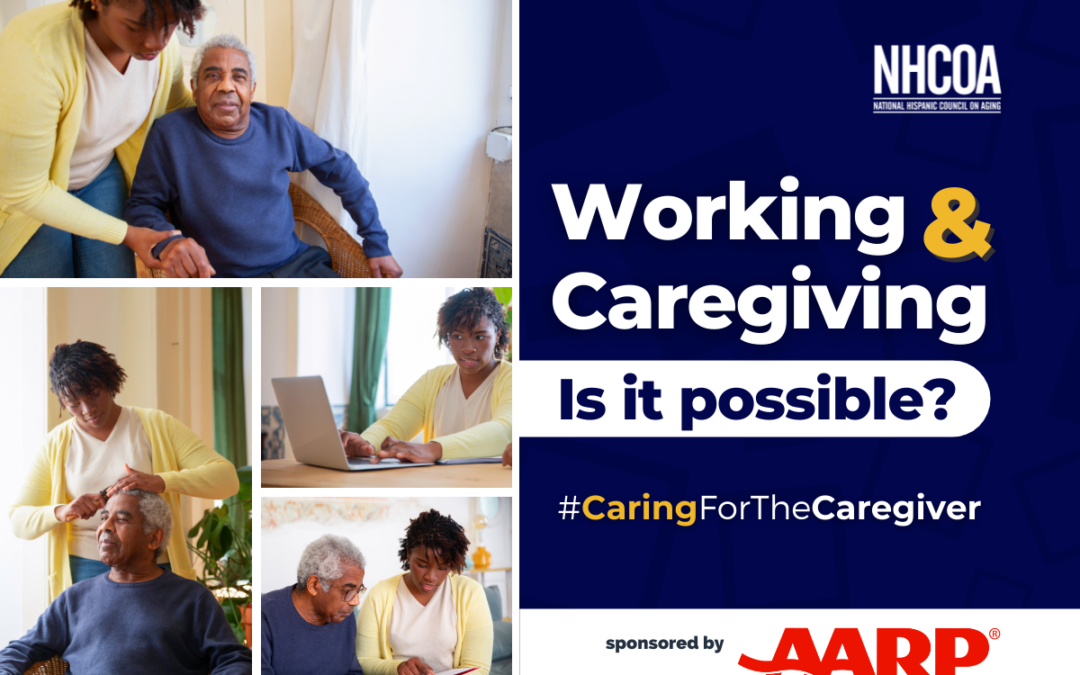About 53 million Americans are serving as caregivers for a loved one, and about 6 in 10 of them are doing so while also trying to earn a living. Many working caregivers report health problems, depression, lost time, and lower productivity at work.
Many family caregivers are familiar with the financial impact of trying to balance the responsibilities of their jobs and careers with their duties of caring for their loved ones. But with more than 48 million caregivers across the country, those personal costs can add up to a massive toll on the nation’s economy.
If you’re taking care of an aging or ailing family member, you may also find that you have cut back on community involvement and are spending less time with other loved ones and friends.
The Family and Medical Leave Act (FMLA) entitles certain workers to take unpaid leave for up to 12 weeks per year, without losing job security or health benefits, to care for a spouse, child, or parent who has serious health conditions.
How do I request FMLA leave? Notify your employer as soon as possible. If the need for leave is “foreseeable” — for instance, taking time off to care for a loved one after a scheduled surgery — 30 days’ notice is required.
What can I expect? Your employer is required by law to tell you your rights under FMLA and, if you qualify, to offer you leave. You may be asked to submit certification paperwork that includes confirmation from a health care provider of your loved one’s condition and need for care. Employers may not threaten you or make your work life difficult because you requested leave.
Do I have to use all 12 weeks consecutively? You may take the 12 weeks of leave all at once or intermittently — for example, three days twice a month when a parent is receiving chemotherapy. Generally speaking, paid time off used for caregiving leave that is also FMLA-eligible counts toward your annual 12-week entitlement.
What about state caregiving laws? Seven states (California, Connecticut, Massachusetts, New Jersey, New York, Rhode Island, and Washington) and the District of Columbia have laws on the books providing paid time off for caregivers through tax-funded family-leave insurance programs. Oregon and Colorado are set to launch similar programs in 2023 and 2024, respectively. It is your employer’s responsibility to comply with all applicable laws, whether your leave qualifies for both state and FMLA leave or just one or the other.
Don’t forget that there are options available that safeguard your job and your duties as a caregiver. Talk to your human resources representative and discuss the options that work best for you. Remember, you are not alone!
Sources:


Recent Comments